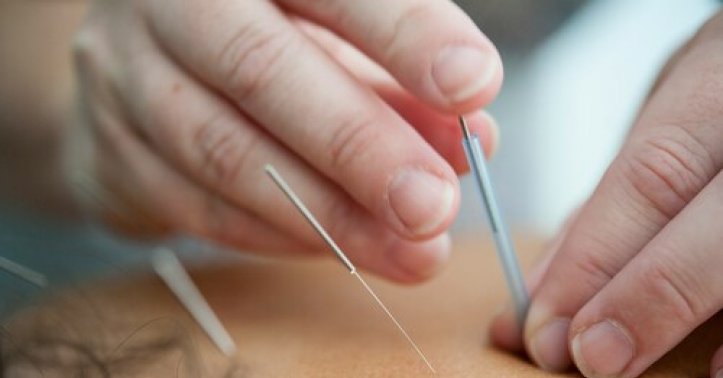
Managing Multiple Sclerosis with Acupressure, Lifestyle Changes, and Patience
Multiple Sclerosis (MS) is autoimmune disease that affects the central nervous system. While there is no cure for MS, various holistic approaches can help manage its symptoms and improve the quality of life for those affected. This article explores the potential benefits of acupressure, lifestyle changes, and patience in handling MS.
Understanding Multiple Sclerosis
MS is a neurological problem that occurs when the immune system mistakenly attacks the protective covering of nerve fibers Symptoms can vary widely, but common manifestations include:
- Fatigue
- Muscle weakness, stiffness, or spasms
- Vision problems
- Balance and coordination issues
- Cognitive difficulties
- Emotional changes
Acupressure for MS Management
Acupressure is a non-invasive, ancient healing technique that involves applying pressure to specific points on the body to stimulate the body's natural healing processes. By targeting specific points, acupressure can help alleviate MS symptoms.
Ear Points
1. Zero Point: Located at the middle of the ear, this point helps regulate the body's energy and alleviate fatigue.
2. Brain Point: Situated at the base of the ear, this point is believed to improve cognitive function and memory.
3. Spinal vertebrae Points: Entire spine is on the outer rim of the ear, these points are associated with the spinal cord and may help alleviate muscle weakness and stiffness.
4. Kidney point: These are said to be the foundation of the yin and yang, nervous system and body’s growth. They help regulate the nervous system.
Body Points
1. LI4 (Hegu): Located on the web between the thumb and index finger, this point is known for its analgesic and anti-inflammatory properties.
2. LV3 (Taichong): This is on the foot and is helps regulate the body's energy and alleviate fatigue.
3. GB21 (Jianzhongshu): Located at the base of the neck, this point is associated with the gallbladder meridian and may help alleviate muscle tension and spasms.
4. KD.3 (Taixi): Located near the medial malleolus just above the heel, this point balances the walk, promotes nervous system growth and strengthen bones. This point is best when used with UB.23 (Shenshu) and CV.4 (Guanyuan).
SCALP ACUPUNCTURE works best on Multiple Sclerosis patients, Scalp motor area, and sensory area along with the emotional area can work wonders.
Lifestyle Changes for MS Management
While acupressure can be a valuable tool in managing MS symptoms, lifestyle changes can also play a crucial role. Consider the following:
1. Diet: Focus on a balanced diet,
. Exercise: Engage in gentle exercises like yoga, tai chi, or swimming to improve flexibility, balance, and strength.
3. Stress Management: Practice stress-reducing techniques like meditation, deep breathing, or progressive muscle relaxation to help manage stress and anxiety.
4. Sleep: Establish a consistent sleep schedule and create a relaxing bedtime routine to improve sleep quality.
The Importance of Patience
Managing MS requires patience, persistence, and a willingness to adapt. It's essential to:
1. Set realistic expectations: Understand that MS is a chronic condition, and managing its symptoms takes time.
2. Monitor progress: Keep a journal or log to track your symptoms, acupressure treatments, and lifestyle changes.
3. Adjust your approach: Be willing to adjust your treatment plan as needed, and don't hesitate to seek guidance from healthcare professionals.
One of my patients, Mrs Jamuna Rangachari battled MS with her will power, courage and resilience. She applied Holistic approach in healing her MS. She integrated Acupuncture, acupressure, meditation, Yoga along with Lifestyle and dietary changes to conquer her MS. She is now leading a normal life and she has even written a book on her MS journey “Dancing with Life” which was published by Hay House.
While Multiple Sclerosis can be a challenging condition to manage, acupressure, lifestyle changes, and patience can be valuable tools in alleviating its symptoms. By incorporating these approaches into your treatment plan, you can improve your quality of life and better manage the challenges of MS.
By Dr Abid Khan








